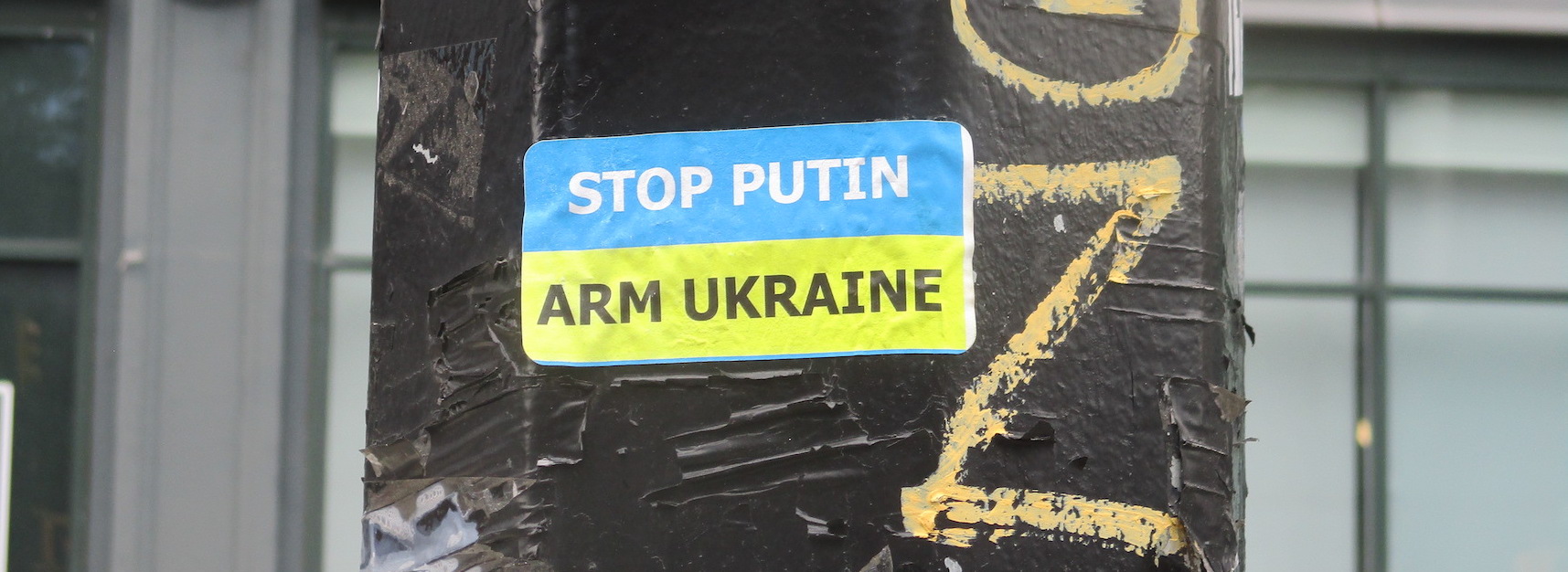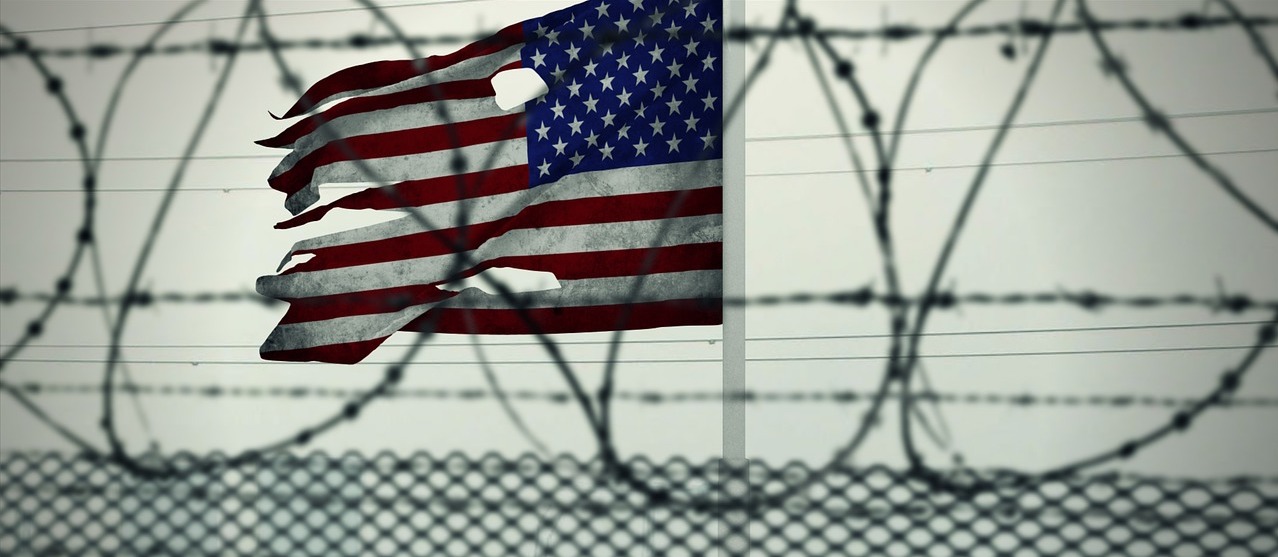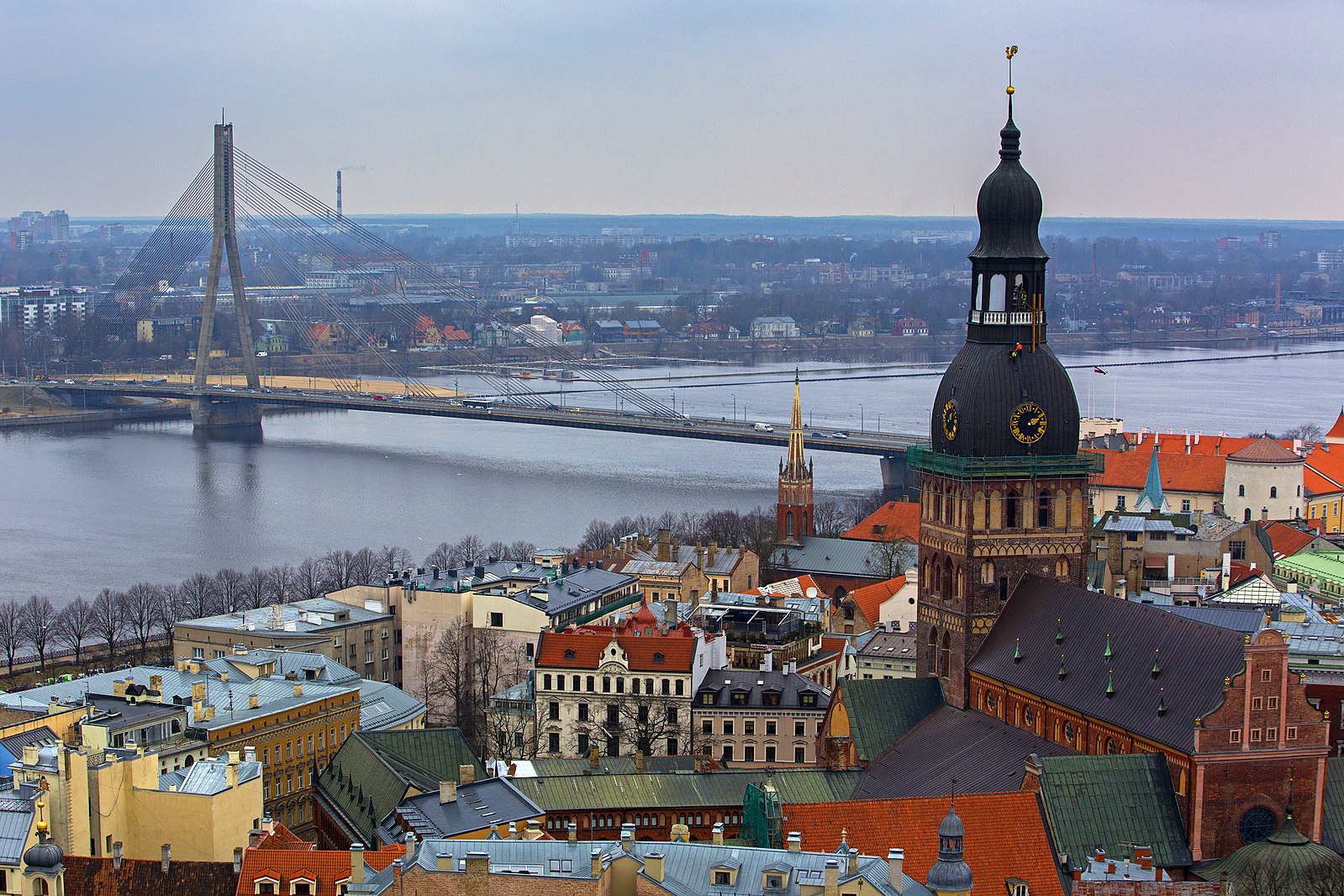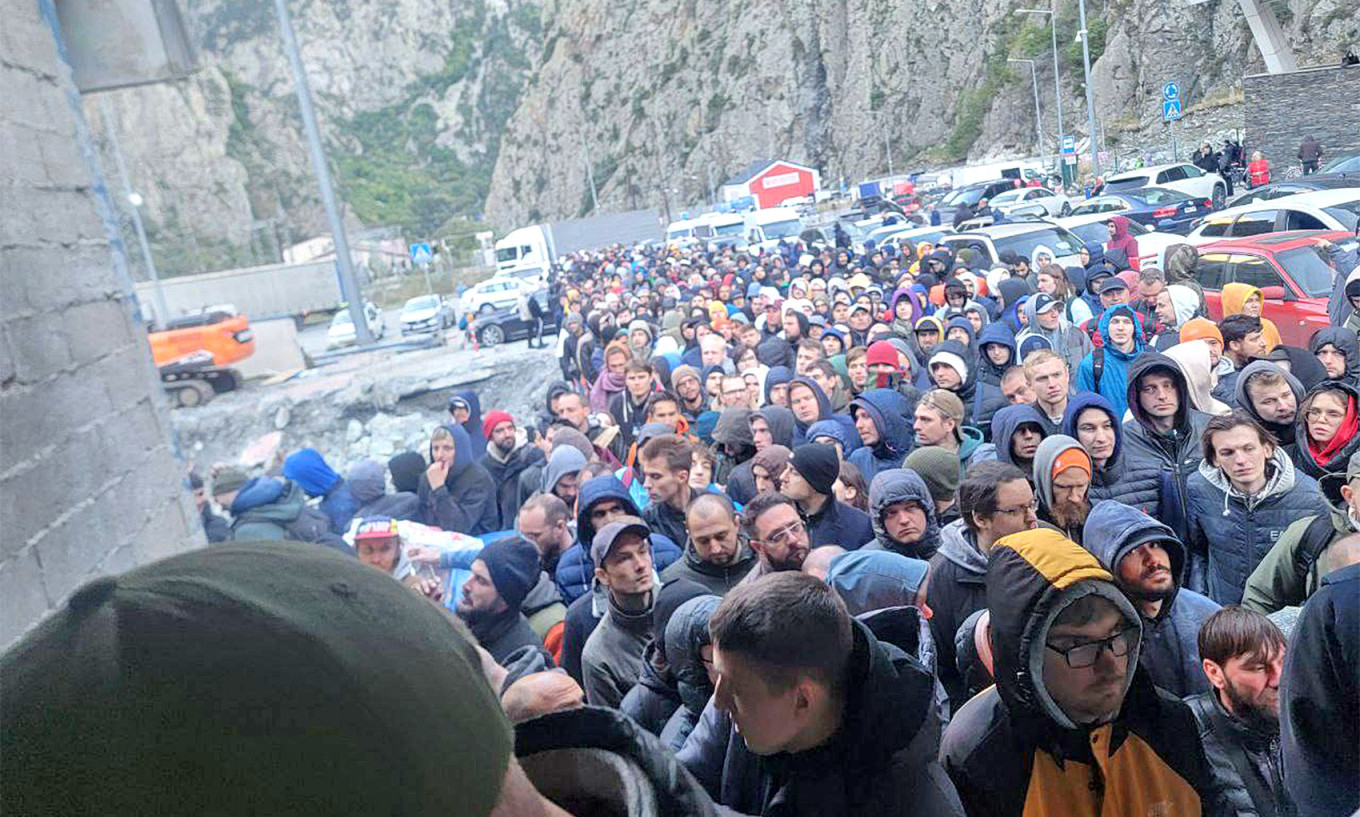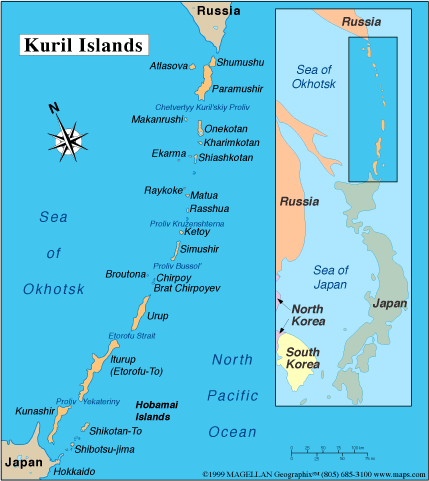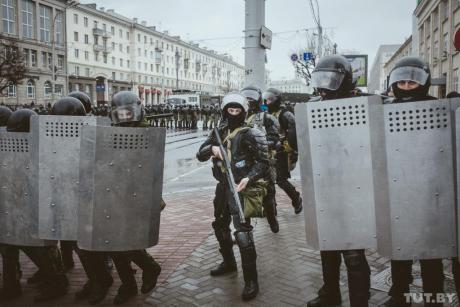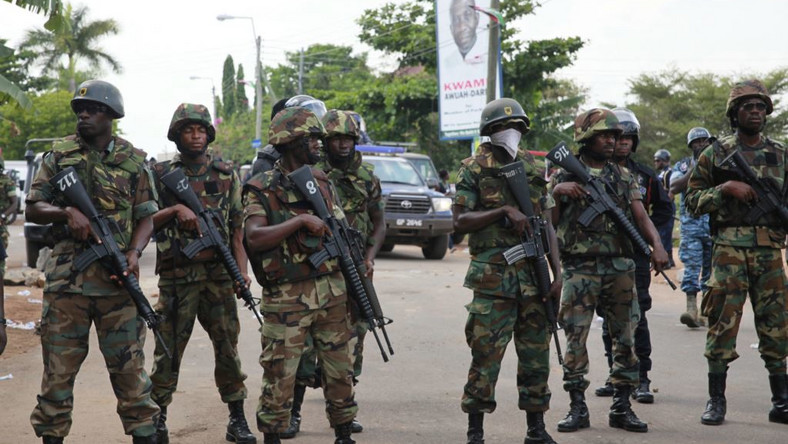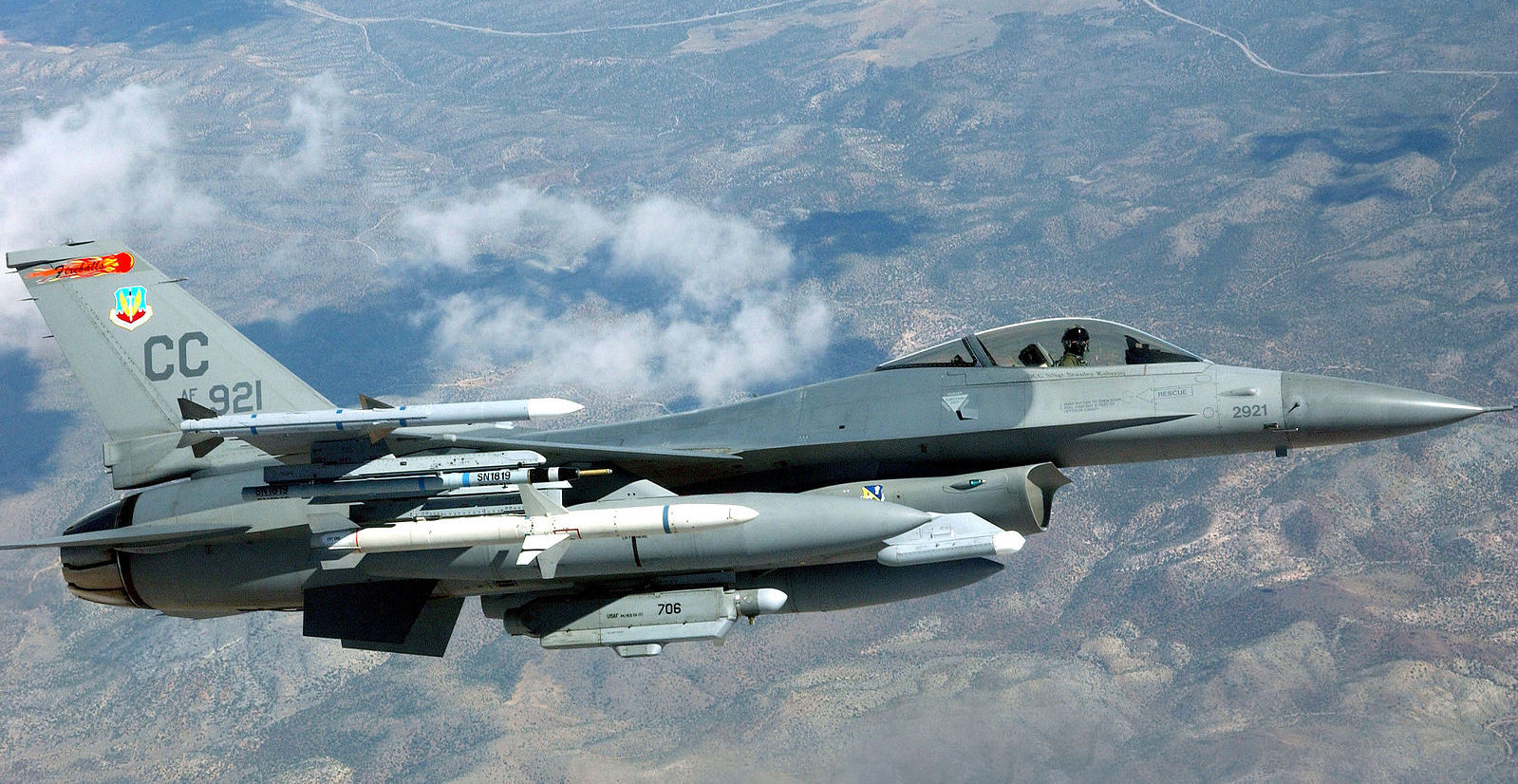
Kurds betrayed in Sweden NATO deal
Turkish President Recep Tayyip Erdogan has dropped his opposition to Sweden’s entry into NATO, it was announced ahead of the alliance summit in Vilnius. In an apparent quid pro quo, the Biden administration is dropping its objections to Turkey purchasing F-16 fighter jets from the US. Sweden has also offered concessions to Erdogan. In blocking Sweden’s NATO bid, Turkey had accused Stockholm of harboring Kurdish “terrorists”—meaning supporters of the Kurdistan Workers’ Party (PKK), which Ankara labels a “terrorist” group. Last November, Sweden amended its constitution to strengthen its “anti-terrorism” laws, weakening free-speech protections—clearly in deference to Turkey. The Swedish Supreme Court in June also ruled to allow extradition of the accused PKK figures to Turkey. And the rallies held in Stockholm against the extraditions by Kurdish immigrants and exiles may now be criminalized. (Photo of F-16: USAF via Wikimedia Commons)



